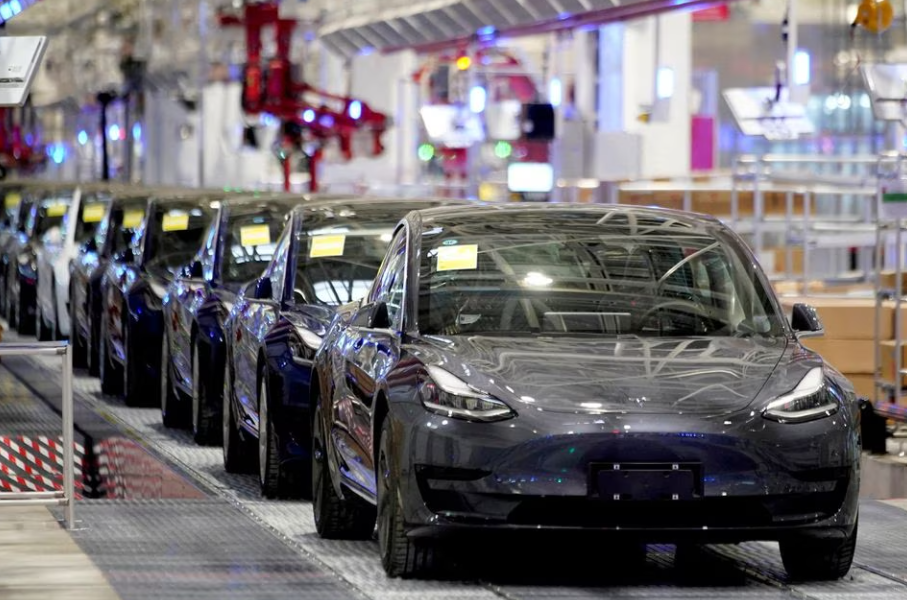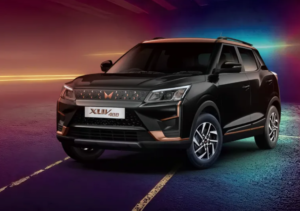Over the past few years, Tesla and its CEO, Elon Musk, have been considering venturing into the Indonesian market. The Indonesian government, led by President Joko Widodo, has actively engaged in these discussions, even featuring influential figures like Coordinating Minister for Maritime Affairs and Investment, Luhut Binsar Pandjaitan, who made a notable appearance at Tesla’s manufacturing plant in Texas in April 2022 to advocate for investment opportunities in Indonesia.
During the 2022 G20 summit in Bali, Elon Musk, in conversation with Anindya Bakrie, CEO of Bakrie and Brothers, expressed his optimism about Indonesia. However, despite these positive sentiments, Tesla has not taken significant steps in the Indonesian market.
This perceived lack of progress becomes more noticeable in light of Tesla’s establishment of a sales office in Malaysia and its plans to open a showroom in Thailand. This situation prompts Indonesia to ponder whether Tesla might be bypassing their nation and what factors are contributing to this choice.
One crucial aspect to analyze involves Tesla’s objectives in Indonesia and Indonesia’s incentives for collaboration with Tesla. Currently, Indonesia is not a major market for electric vehicles, characterized by a limited number of charging stations and an underdeveloped national road infrastructure.
The discussion surrounding government subsidies aimed at promoting the adoption of electric vehicles has been a subject of intense debate. In the immediate future, it appears that Indonesia is poised to become a larger consumer of electric scooters, a product Tesla does not manufacture, rather than electric cars.
If the objective is to sell four-wheeled electric vehicles in Southeast Asia in the coming years, Tesla appears to favor Malaysia as a more appealing market.
Malaysia boasts a higher per capita income, suggesting a larger portion of its population possesses the financial capacity to purchase a Tesla. Additionally, Malaysia enjoys superior road infrastructure and has a well-defined strategy to establish 10,000 electric vehicle charging stations by 2025.
Conversely, Indonesia’s ambition extends beyond being a mere market for Tesla; they aspire to play a significant role in production by manufacturing batteries and assembling battery packs for Tesla vehicles. Indonesia aims to advance up the value chain by participating in the assembly and production of Tesla cars, potentially for domestic use or export.
The primary hurdle in the way of these aspirations is the fact that Tesla has already established a prominent regional production hub in Asia, namely the Shanghai Gigafactory. Furthermore, Tesla has maintained a longstanding relationship with Panasonic in Japan for battery sourcing. As a result, while it’s not out of the realm of possibility for Indonesia to become part of Tesla’s production network, it presents a formidable challenge given the automaker’s well-established supply chains and enduring supplier relationships.
If Tesla were to consider establishing a production hub in Southeast Asia, Indonesia might not be the most favored choice. Thailand stands out as the regional leader in automobile exports, overshadowing Indonesia in this regard. Even if Tesla were to contemplate another production hub in Asia, Indonesia could face formidable competition from Thailand for such an undertaking.
Indonesia’s potential contribution to Tesla’s ecosystem seems to lie in the realm of batteries. The country has been capitalizing on its control of global nickel resources to invest in downstream industries, including nickel smelting and battery production using refined nickel. This venture is supported by Chinese battery giant CATL and the state-owned Indonesia Battery Corporation, which are making substantial investments in Indonesian battery manufacturing. This connection with CATL opens doors for potential inroads into Tesla’s supply chains.
However, complications exist in this realm as well. The US Inflation Reduction Act of 2022 has a provision that excludes electric vehicles produced with Indonesian nickel from receiving tax credits in the United States. The Indonesian government is exploring solutions, such as bilateral trade deals, but for now, automakers like Tesla are facing additional uncertainty when considering the integration of Indonesia into their supply chains.
Tesla faces substantial competition in Indonesia’s automotive market, as major players like Toyota, Hyundai, and Chinese firms like Wuling have well-established manufacturing operations and extensive business ties in the country. These competitors are adept at manufacturing electric vehicles using the critical minerals and batteries produced in Indonesia. They also have the advantage of potentially scaling up more swiftly than Tesla, given their existing infrastructure.
While it’s foreseeable that Indonesia and Tesla will engage in business, the nature of this collaboration is expected to go beyond Indonesian consumers simply buying Tesla vehicles. Indonesia is poised to play a role in the production of these vehicles, likely starting with the utilization of Indonesian nickel and locally produced batteries.
(Source: James Guild | Asia Times)









